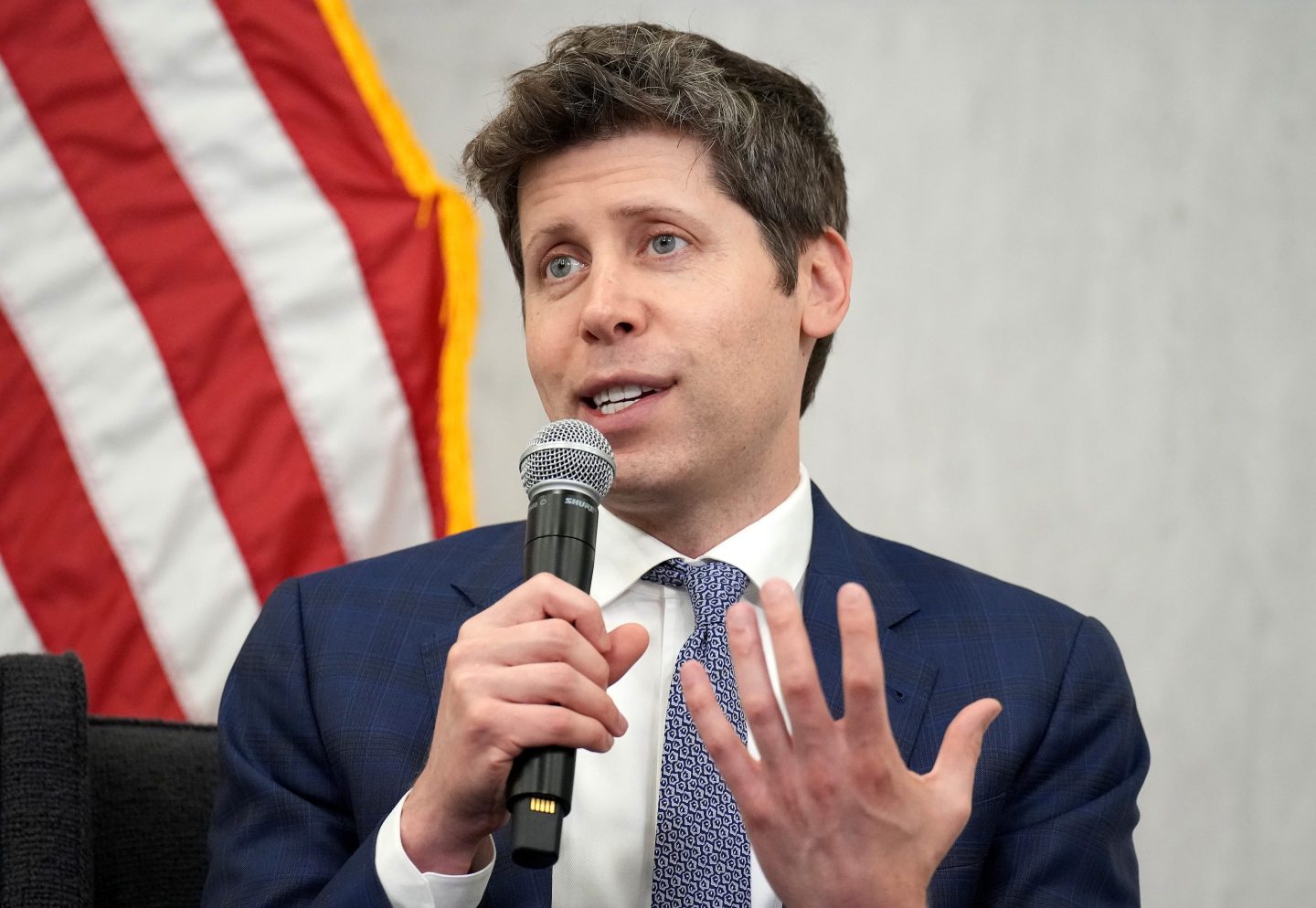After Sunday’s Presidential debate, some commentators argued that neither candidate truly won, and that America itself lost. From the ashes of the ugliest debate in modern history, only one thing seemed worth saving—Ken Bone.
His apparent innocence, embodied by a smiling face and a generous frame swaddled in a red cable-knit sweater, comforted us in the face of dispiriting chaos. His question, a straightforward query about energy policy, seemed to cut through the grim air of the night, reminding us of a simpler time.
The tweets and memes rolled in. Bone became an internet-era celebrity, literally overnight.
Get Data Sheet, Fortune’s technology newsletter.
By Monday, he was making the major-media rounds, including a remarkably savvy and funny appearance on Jimmy Kimmel Live (the show will apparently be inviting him back). That might have been the first sign that Ken Bone was too smart to remain just a symbol of innocence—and he would also turn out to be flawed in perfectly average ways.
Quite unlike the middle-American bumpkin his vaguely condescending admirers seemed to take him for, Bone leveraged his sudden celebrity. He traded Uber some rides for a tweet, and started selling t-shirts, with a portion of the proceeds benefiting the homeless.
And then, inevitably, the fall. Following a Reddit AMA in which Bone used his longtime public account, the super-sleuths at Gizmodo dug up various past comments. They included some responses to adult content, one confessing to forging car insurance documents, and another providing advice to a fellow user considering a vasectomy.
The Daily Beast described the posts as “disturbing” and “unsavory.” Those are debatable characterizations, especially considering that Bone is still basically a private citizen. For a start, somewhere between two-thirds and ninety percent of American men, and a sizable portion of women, view pornography regularly.
For more on digital culture, watch our video.
Bone’s ‘insurance scam’ was committed for two whole months when working a pizza delivery job, when he couldn’t afford the real thing. It’s a corner 13% of Americans cut, presumably including a lot of low-wage workers coping with inadequate public transportation.
A more questionable comment, at least for some, was Bone’s characterizing the shooting of Trayvon Martin as “justified.” But even that wasn’t part of some vociferous defense of shooter George Zimmerman: “Bad guy legally kills kid in self-defense,” Bone continued. “Sucks for everybody.” Bone has since clarified to the New York Times that he was referring solely to legal decisions around the case: “Just because it was legal does not mean it was right.”
The energy devoted to picking apart the past comments of a man randomly plucked from obscurity says much more about our culture than it does about Ken Bone. New York Magazine’s Madison Malon Kircher described Bone’s week as exemplary of the “Joseph Campbell-style mono-myth viral cycle” that internet celebrity often follows—a swift rise to fame, followed by an equally swift discrediting.
That process hinges on at least two things that don’t reflect well on public sophistication. First, it’s all painfully superficial, as we project our desire for innocence and optimism onto a cute man with a mustache and sweater, rather than thinking too hard about how exactly we reached a point like Sunday night. And even uglier, it seems we’re hungry for the downfall of the icons we create, turning the banal habits and opinions of a Redditor into “disturbing” character flaws.
So yes, it turns out Ken Bone is just another guy, not some transcendent avatar of a better America. But that’s not his problem—it’s ours.












